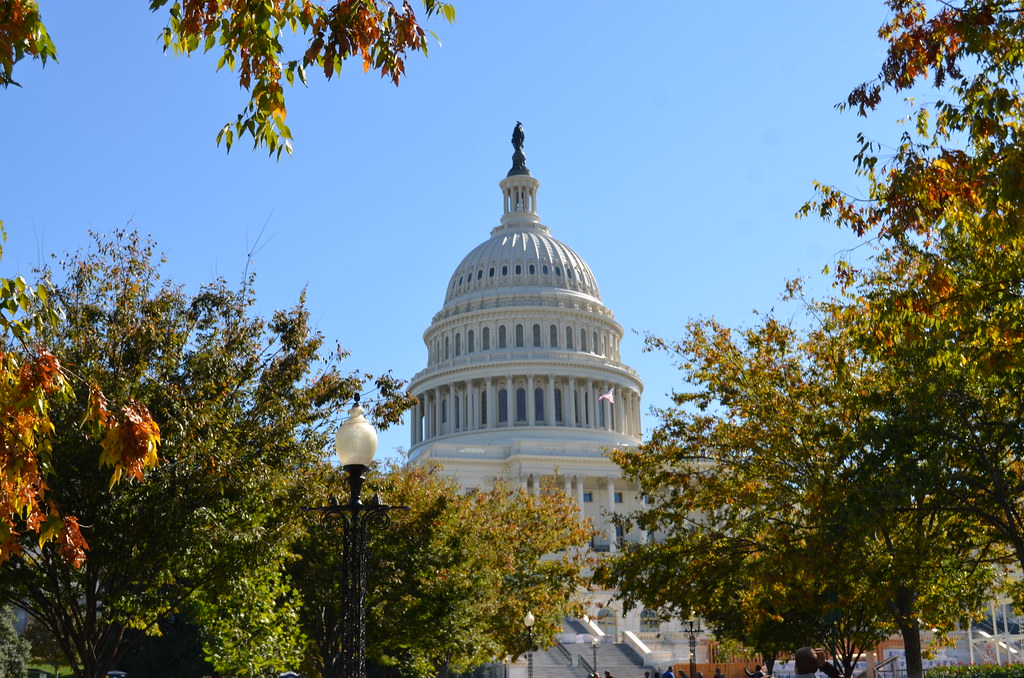American Senators Bob Menendez and Jim Risch have introduced the Ensuring Transparency for Cryptocurrency in El Salvador Act, a legislative proposal aimed at closely monitoring the integration of Bitcoin (BTC) into the country's financial system. The bill tasks the State Department with assessing the implications of El Salvador's adoption of Bitcoin as legal tender, focusing on cybersecurity, economic resilience, and democratic governance.
One of the key concerns addressed by the Senators is the effectiveness of El Salvador in combating illicit activities, particularly money laundering. In 2021, El Salvador made headlines by becoming the first country to recognize Bitcoin as legal tender under the leadership of President Nayib Bukele.
The Salvadoran government has invested significant resources in Chivo, the nation's government-backed digital wallet, and has deployed Bitcoin ATMs nationwide, as highlighted in the report. However, the crypto markets experienced a significant downturn in 2022, with Bitcoin's value dropping to a low of $16,500 following setbacks such as the failures of stablecoin provider Terra Labs and crypto platform FTX.
Although Bitcoin has since rebounded and is currently trading above $27,000, the reintroduction of this legislative initiative by US Senators reflects the growing interest and concerns surrounding the impact of cryptocurrency adoption on national economies and the potential risks associated with its use.
US Senators are closely monitoring El Salvador's ambitious crypto plans for 2023, including the construction of a Bitcoin City and increased daily BTC purchases. Despite warnings from the International Monetary Fund, President Nayib Bukele remains committed to making El Salvador an attractive destination for crypto investments. In response, Senators Menendez and Risch have proposed the Ensuring Transparency for Cryptocurrency in El Salvador Act to evaluate the effects of these plans on cybersecurity, economic stability, and democratic governance.



























Comment 0